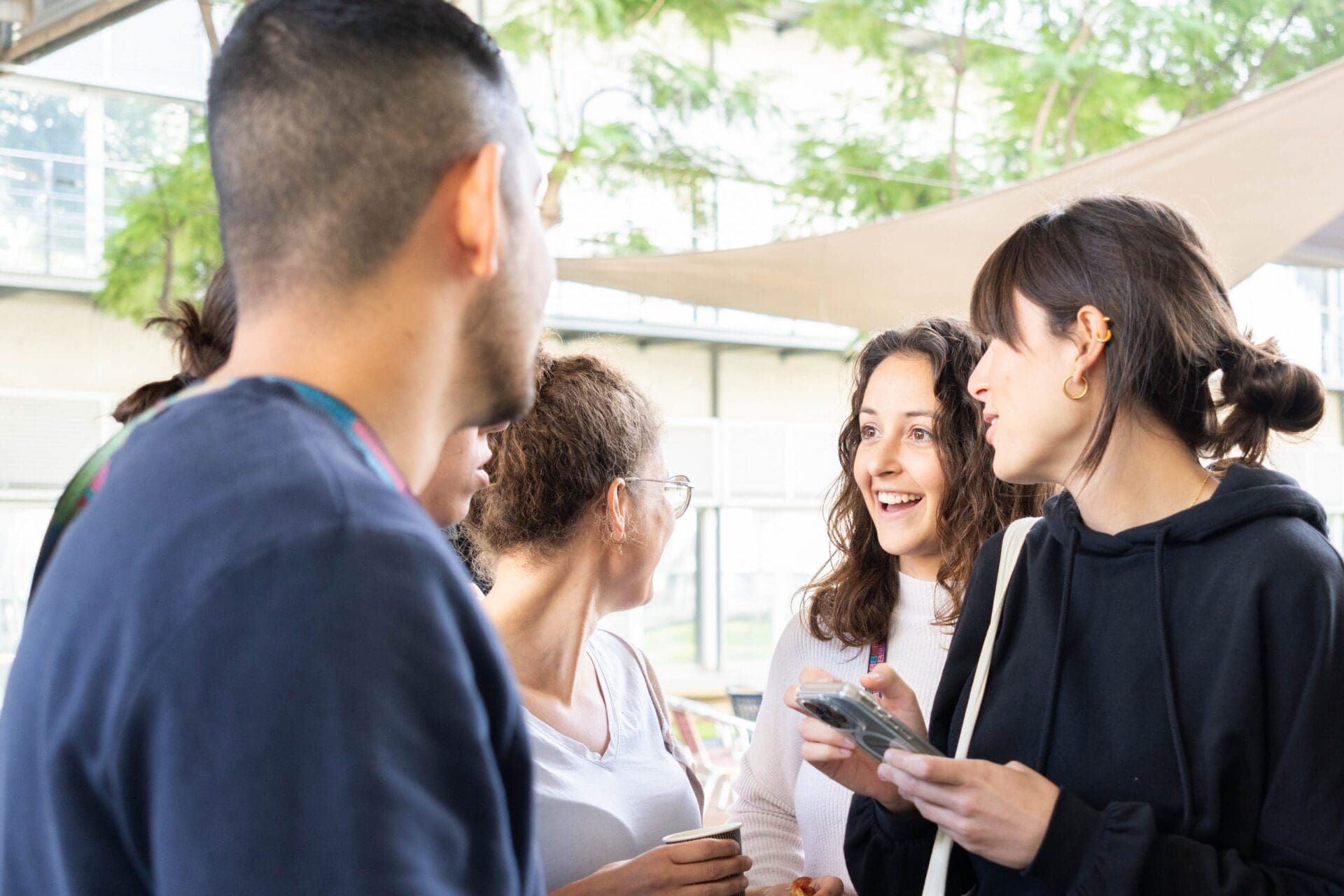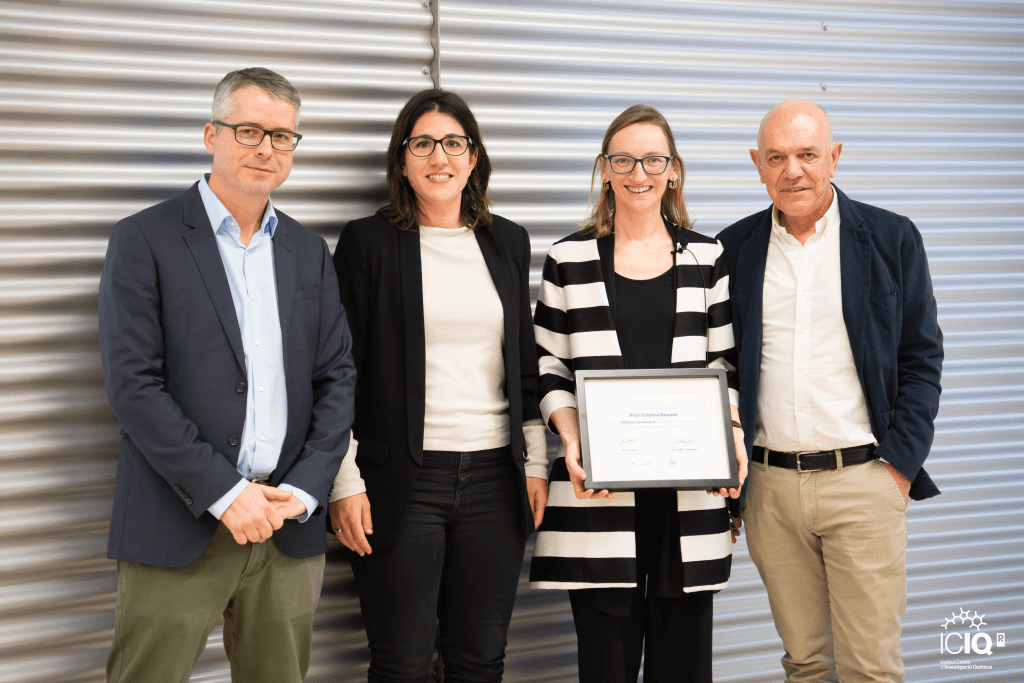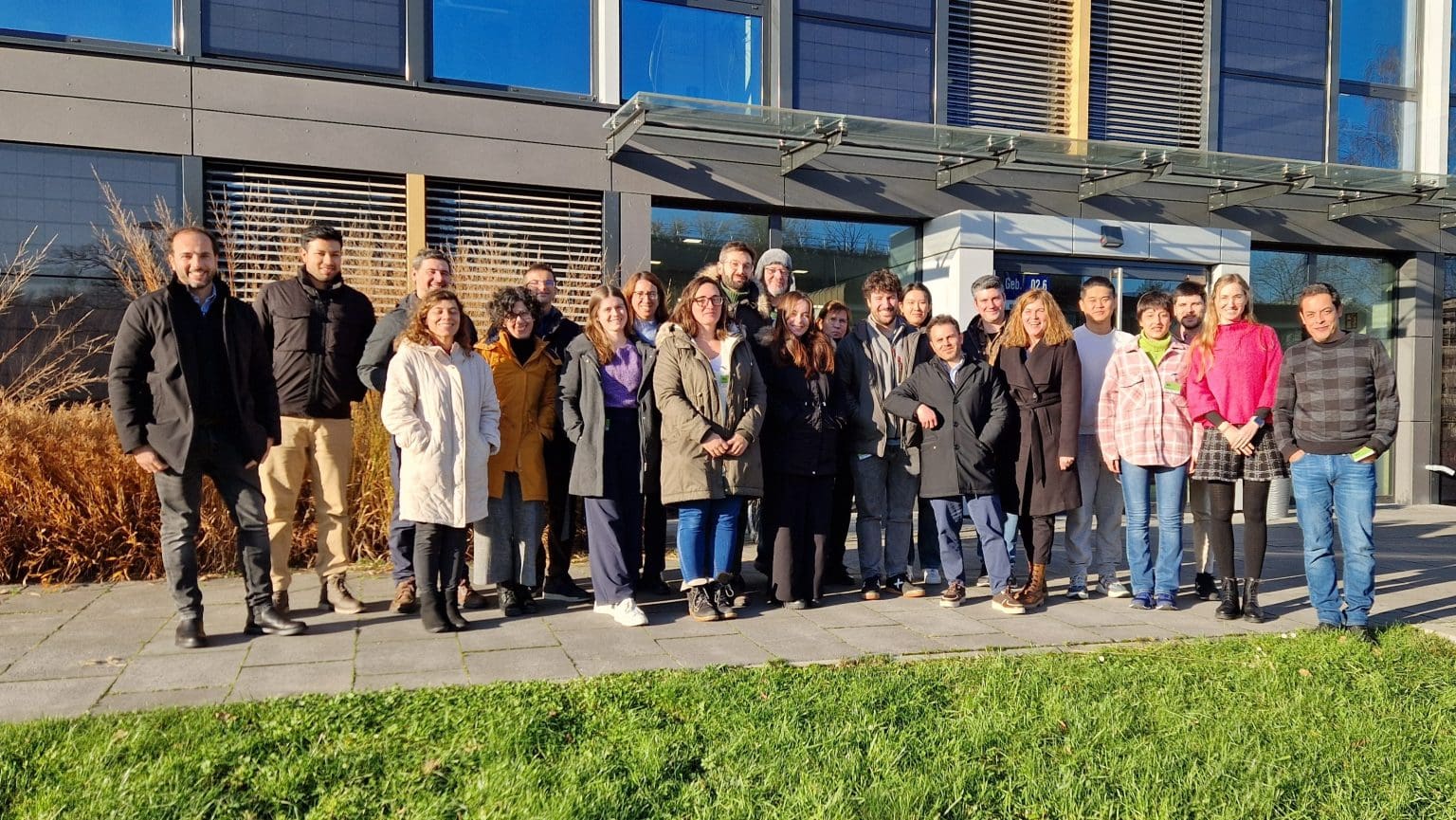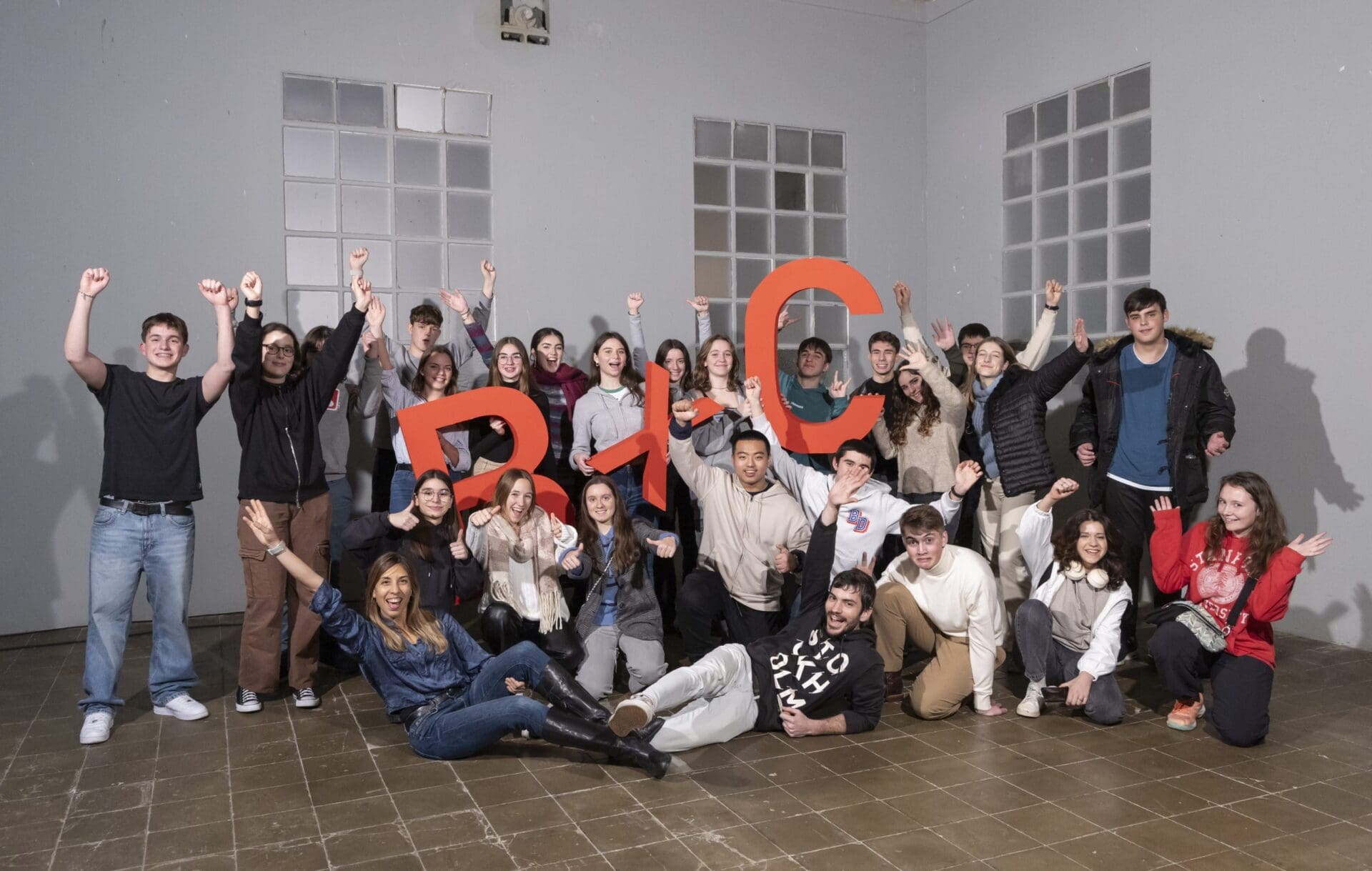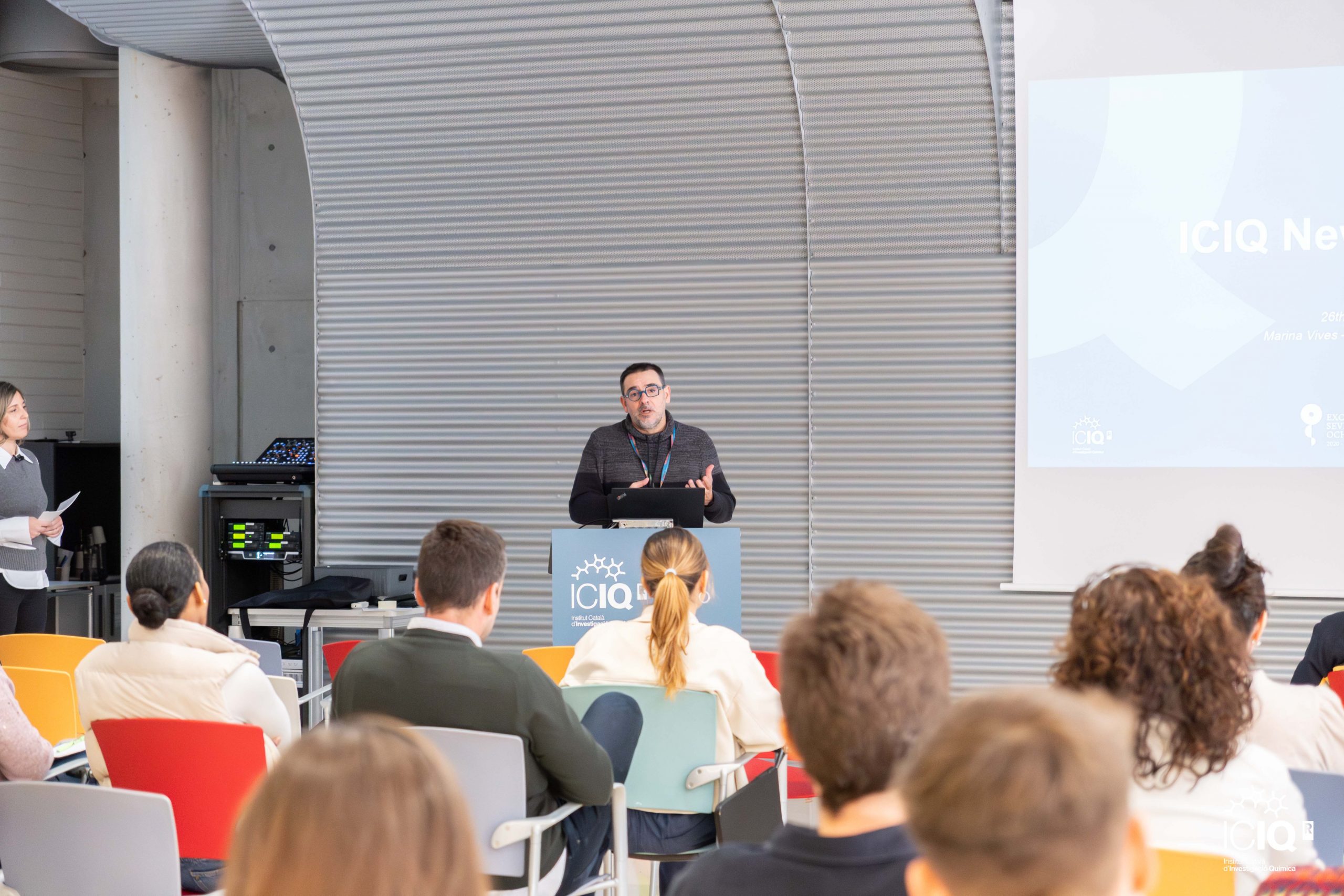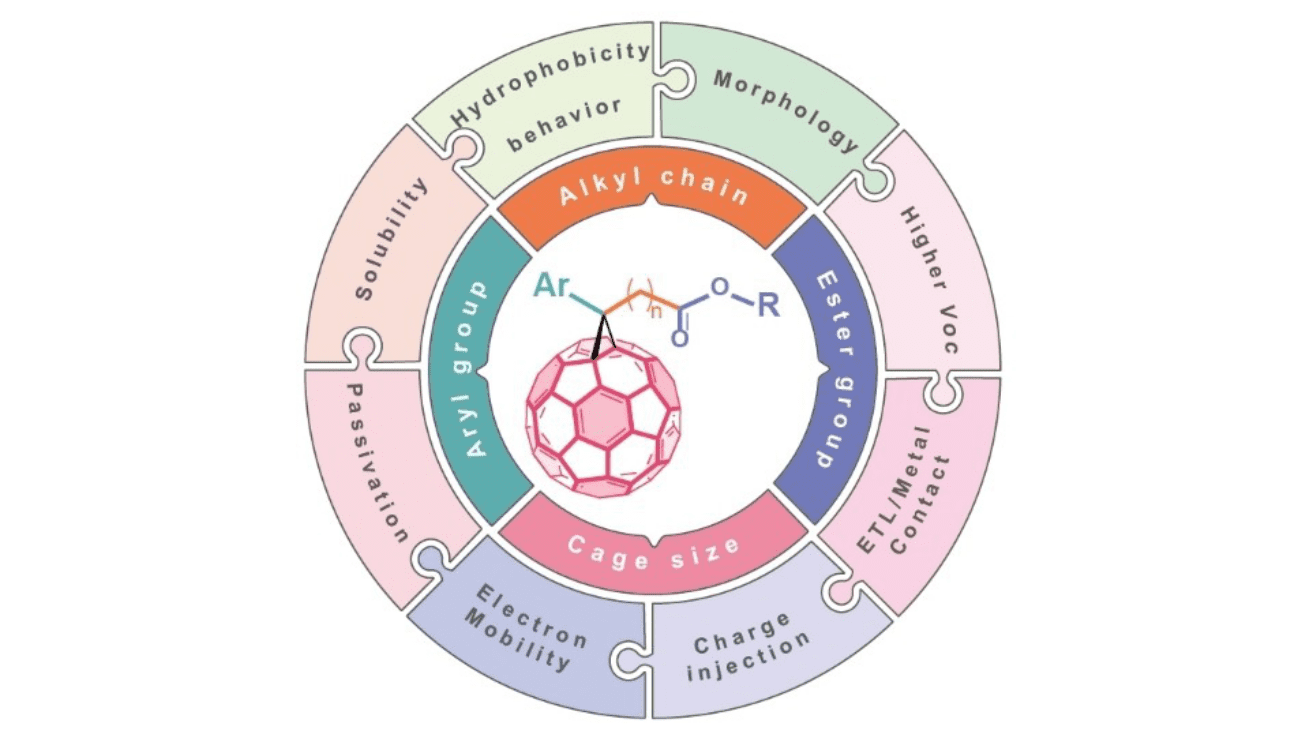ICIQ research on heterogeneous catalysis published in Nature Chemistry
An almost one-century-old standing controversy on the origin and the nature of compensation in heterogeneous catalysis has been solved by an interdisciplinary group formed by scientist from FHI (Berlin, Germany), ETH (Zürich, Switzerland) and ICIQ (Tarragona, Spain).
– Arrhenius equation has been even found to control things such as Cherry blossom front ?(we don’t know if there is also compensation in this phenomenom)??
– Compensation phenomena exist for a wide range of processes such as:?Catalysis, diffusion, electric conduction and dielectric relaxations?
– Erika Cremer who reported compensation in the form of Constable-Cremer plots (lnAapp vs Eapp) was the mother of chromatography and one of the first women to have a degree Physical Chemistry (1927)?
– Boltzmann described entropy as a measure of disorder and his equation S=k log W is written in his grave?
– The Deacon process was described early in 1850?
– Cl2 has multiple uses in the chemical industry and its production via electrochemical processes accounts for 1% of the electric consumption in Germany?
Reference:
Related news

Let's create a brighter future
Join our team to work with renowned researchers, tackle groundbreaking
projects and contribute to meaningful scientific advancements






 11-12-2024
11-12-2024 